Register for free and continue reading
Join our growing army of changemakers and get unlimited access to our premium content
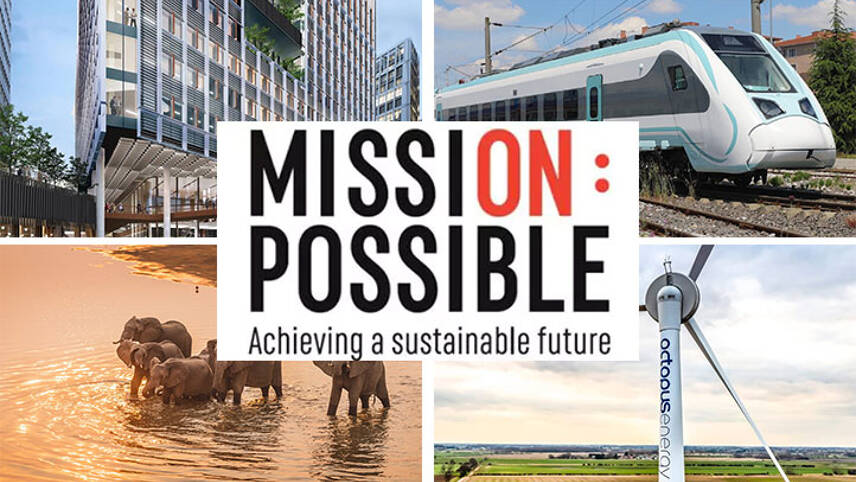
Published every week, this series charts how businesses and sustainability professionals are working to achieve their ‘Mission Possible’ across the campaign’s five key pillars – energy, resources, infrastructure, mobility and sustainability leadership.
Across the UK and across the world, leading businesses, cities, states and regions are turning environmental ambitions into action. Here, we round up five positive sustainability stories from this week.
ENERGY: Octopus offers free renewable electricity to help avoid curtailment
Britain wasted enough wind energy last year to power more than one million homes, according to Carbon Tracker. This is because energy generated at times of low demand could not be stored due to a lack of capacity.
Octopus Energy is, therefore, working with UK Power Networks to offer customers free electricity when renewable generation is high. Based on UK Power Networks’ forecasts, Octopus will send customers a notification of the times they can power their homes for free a day in advance.
This benefit is called ‘power-ups’ and is open to homes and businesses. Eligible times and dates will vary based on local generation capacity and generating conditions.
Octopus Energy’s head of flexibility Alex Schoch said: “It’s good for the grid and good for the planet – a win for everybody. ‘Power-ups’ is yet another arrow in the quiver of ‘demand flexibility’ and it’s great to work with an innovator like UK Power Networks.”
RESOURCES: Zero-waste metrics unveiled for the rail industry
Image: Network Rail
When we think of waste, we often think of post-consumer sources like plastic packaging. But construction and demolition account for 40% of global solid waste each year in terms of weight. The share is even higher, 62%, in the UK.
Many businesses in the space have waste reduction goals but may struggle to understand what an ambitious goal is, or how to account for progress towards it. As such, the Rail Safety and Standards Board (RSSB) has partnered with Ricardo to develop zero-waste metrics for the rail industry.
They cover assets, infrastructure and day-to-day operations, from major construction projects to daily waste. They also cover different locations including depots and stations.
Looking to the future, additional metrics could be added relating to material efficiency and the use of critical materials and minerals, including those embodied in batteries.
The RSSB’s sustainable rail strategy lead Thom Rawson said: “This project has established tangible and measurable metrics for the rail industry’s management of waste and recycling, and represents a significant step forward towards achieving the goal of zero waste.”
MOBILITY: UK Export Finance supports high-speed electric railway in Turkey
A second success story about railways this week; a new electric rail network in Turkey is a step closer to becoming reality after securing funding from international investors and gaining approval from the Turkish Ministry of Transport.
The 268km network will link Gaziantep and Mersin. High-speed trains on the network will take just two hours to complete a trip, down from up to six hours at present.
The network will be electric, replacing the current diesel model. Project developers Rönesans Holding forecast that the completed route will mitigate 157,000 tonnes of CO2e every year.
Financing for the network is being provided under a pan-European deal including public and private-sector backers. Supporters include JP Morgan, ING, BNP Paribas, and the export credit agencies of the UK, Italy and Austria.
Rönesans Holding president Dr Erman Ilicak said: “This truly collaborative project will not only enhance our relationship with UK exporters, it will also revolutionise rail links in Turkey, significantly enhancing the region’s industrial connectivity and trade while actively reducing negative environmental impact.”
THE BUILT ENVIRONMENT: London development bags five-star NABERS UK rating
A major mixed-use development near Moorgate station in London has received a five-star rating under the NABERS-UK scheme, which accredits office buildings based on their energy performance in use. It has a six-star rating system and buildings with a five-star rating should use less than half of the energy use of a typical non-certified building.
2 Aldermanbury Square’s developers, Sweco, enlisted IES to create a digital twin of the building to carry out energy performance analysis at the site, which includes retail space and offices. This shifted the focus from designing for compliance, to designing for in-use performance.
The digital twin enabled forecasting of energy use in different weather scenarios and also looked at what would happen during building alteration works in the future.
Sweco’s senior energy consultant Matteo Policella said: “The success of 2 Aldermanbury Square exemplifies the impact of working collaboratively and the role that digital tools play in the creation of sustainable, high-performance buildings.
“Using the modelling software, we were able to produce an accurate digital twin of the development and optimise the design and operation of the HVAC system. This has enabled us to ensure that the building is on track to meet the target rating and prioritise performance at the design stage.”
SUSTAINABILITY LEADERSHIP: Munchkin leases habitat for African elephant conservation
Last Saturday (12 August) was World Elephant Day. To mark the occasion, baby product brand Munchkin announced a new elephant conservation project with the International Fund for Animal Welfare’s (IFAW) ‘Room to Roam’ initiative.
Under the project, Munchkin will lease 90,000 acres of territory in Zimbabwe that is used by elephants as part of their migration routes. The land is also used by 16 other migratory mammal species. In leasing the land, the hope is to ward against poachers and lay the foundation for nature restoration work. Poaching and other threats have diminished African elephant populations by 90% to date.
Munchkin and the IFAW have been working together for several years on projects including nature restoration in Africa and forest creation elsewhere. This new project has a five-year partnership agreement.
Munchkin’s head of CSR, chief brand officer and creative director Diana Barnes said: “Safeguarding the world’s most vulnerable creatures is ingrained in Munchkin’s ethos. Each year, we challenge ourselves to grow our efforts related to animal and plant conservation, and believe that a culmination of many little things truly adds up to make a big difference.”
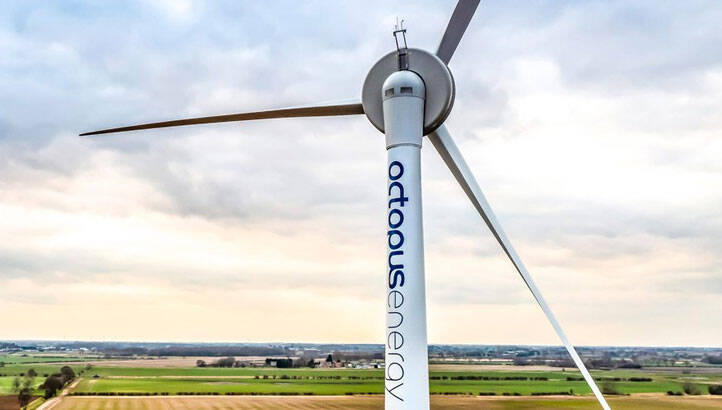
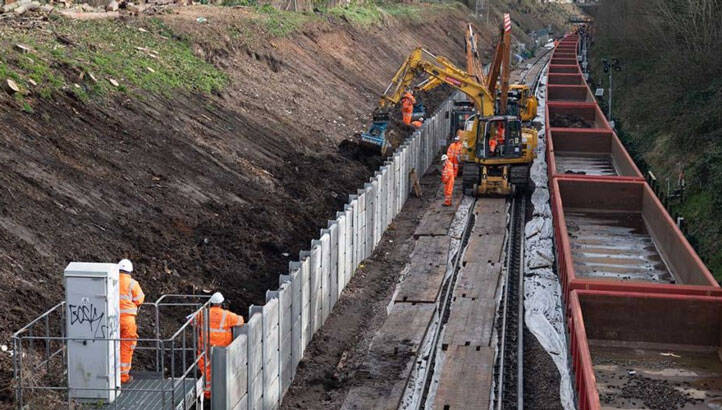
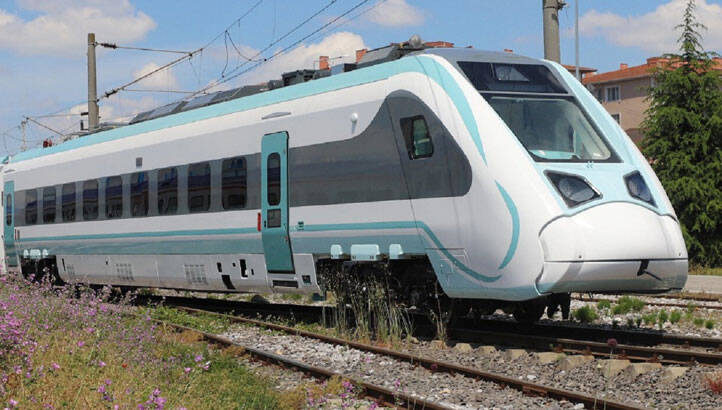
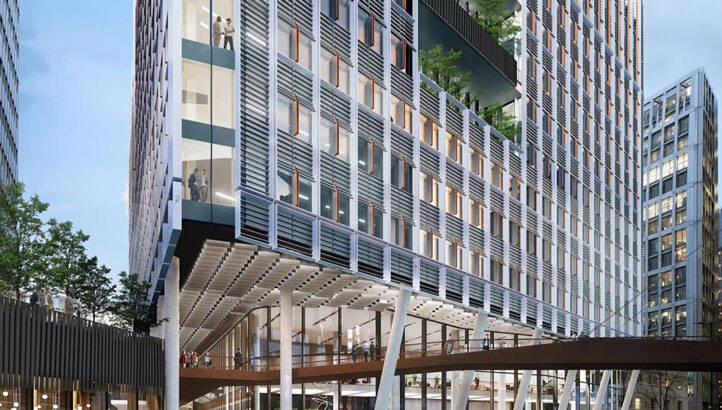



Re the electric trains in Turkey. May I enquire about the method of generation of the electricity used?
Is it to any degree “renewable energy”. This latter is fine, but it is a “grab it when you can get it” source, not exactly the ultimate in reliability!